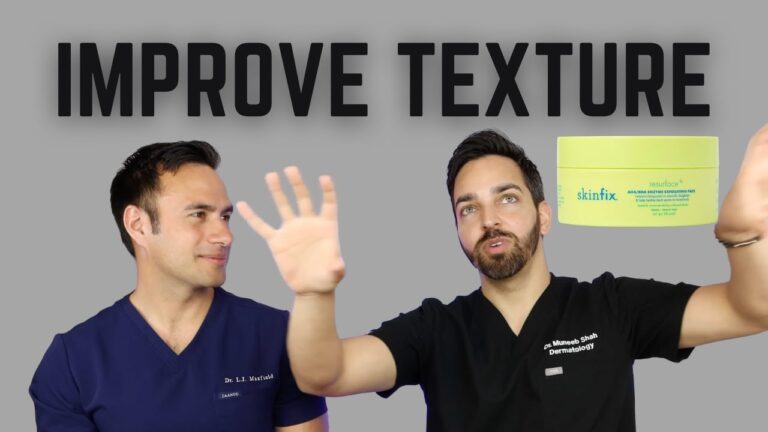The Ultimate Guide to Skin Chemical Peel: Benefits, Risks and How to Get the Best Results
Beautiful, flawless skin is something most people strive to achieve. Unfortunately, factors like genetics, aging, and lifestyle habits can cause skin imperfections like acne, wrinkles, and age spots. As a beauty expert, I know the importance of maintaining healthy skin. One solution that can help you achieve that healthy-looking glow is a chemical peel.
The Basics of Skin Chemical Peels
- A chemical peel is a cosmetic procedure that uses chemical solutions to exfoliate the top layers of your skin.
- The solution is applied to your skin, and after a brief period, it is removed, taking the damaged skin cells with it.
- The end result is smoother, younger-looking skin.
Chemical peels can treat a variety of skin concerns, including acne, sun damage, and fine lines. They can also help reduce the appearance of age spots and mild scars.
Types of Chemical Peels
There are three main types of chemical peels, each designed to address different levels of skin damage:
- Superficial peels: This is the mildest type of chemical peel. It is used to treat mild skin discoloration and roughness. The solution used for this peel is usually made from alphahydroxy acids (AHAs), like glycolic or lactic acid.
- Medium-depth peels: This type of peel is used to treat moderate skin damage, including age spots, fine lines, and deeper wrinkles. Trichloroacetic acid (TCA) is typically used for this type of peel.
- Deep peels: This is the most intensive type of chemical peel, and it is used to treat severe skin damage, like deep wrinkles and scars. A combination of TCA and phenol is often used for this type of peel.
What to Expect During a Chemical Peel
The actual chemical peel process typically only takes about 30 minutes, although it may take longer for deeper peels. During the procedure, you may feel a mild burning or tingling sensation on your skin. After the peel is complete, your skin will be red and may feel tight or itchy. You will need to avoid direct sunlight and wear sunscreen for a few days after the procedure to protect your skin.
Is a Chemical Peel Right for You?
If you are considering a chemical peel, it is important to consult with a licensed skincare professional. They can help evaluate your skin and determine which type of peel is best suited for your skin concern.
Overall, a chemical peel can be an effective way to eliminate damaged skin cells and reveal smooth, healthy-looking skin. While there may be some downtime and aftercare required, the results are often worth the effort. So, if you’re ready to achieve that youthful glow, consider trying a chemical peel!
Contents
Most searched products:
Does Sephora Support Israel? Answering Your Questions
2021’s Ultimate Guide to VIT Direct Reviews You Can’t Miss!
Capsaicin Cream Boots
Get Thick & Luscious Lashes With Sins N Lashes Serum: Our Honest Review!
The Explosive Reaction: Sodium Hydroxide and Hydrochloric Acid
Benefits of Using Glycolic Acid for Dandruff Treatment
The Complete Guide to The Ordinary Hyperpigmentation: Causes, Treatment and Prevention
Exploring the Effectiveness of Ordinary Retinol for Skin: Is It Good?
Ultimate Guide to Tetrahexyldecyl Ascorbate: Benefits, Uses, and Side Effects
The Ultimate Guide to Niacinamide: How Long Does it Take to Work?










